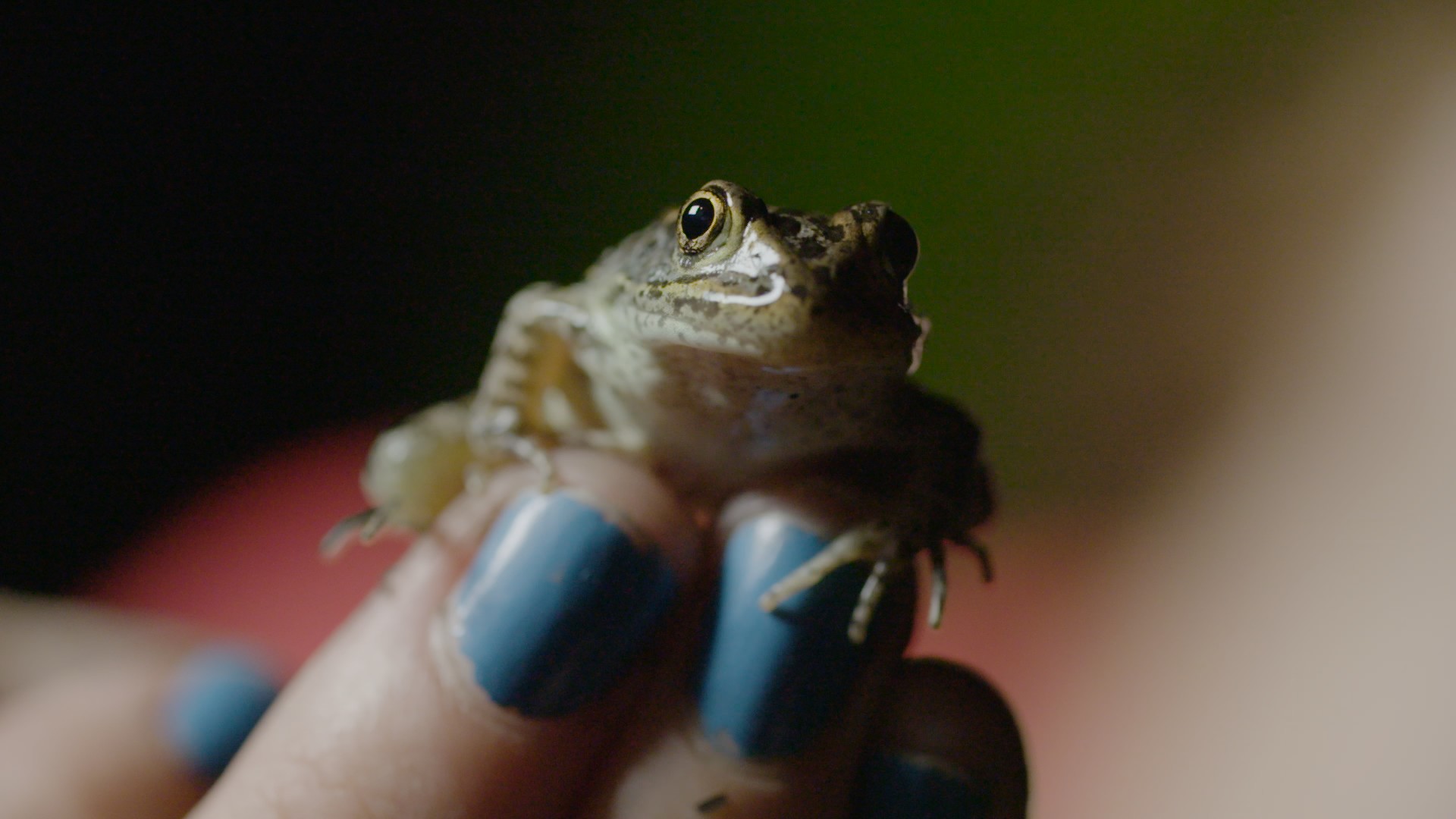One million of the planet’s nearly 9 million species are facing extinction within decades, all thanks to humans, according to a new United Nations report.The report, a summary of which was released Monday, is being described as one of the most comprehensive assessments of the unprecedented, human-caused effects of climate change on biodiversity. According to its authors, plants and animals are dying off at a rate that humans have accelerated to be tens or hundreds of times faster than normal. And it’s not just about the loss of animals and lush plant life: As biodiversity erodes, people will suffer — primarily those living in poverty or nations that overwhelmingly rely on agriculture and fishing for their livelihood.About 150 authors from 50 nations contributed to Monday’s 1,500-page, landmark report, which took three years to research and write.“We are indeed threatening the potential food security, water security, human health and social fabric” of humanity, Robert Watson, a former NASA scientist who led the report, told the Associated Press.Nearly 75% of all land habitats and 66% of marine habitats have been “significantly altered by human actions,” according to the report. That makes amphibians the most at risk, with a whopping 40 percent predicted to die off.Here’s what else the report says humans have done:The report suggests more sustainable farming and fishing practices, less food waste, and the restoration of damaged ecosystems, such as wetlands — 85 percent of which have been severely altered or lost entirely to human development.To finalize the report, hundreds of scientists met in Paris last week for the U.N.’s Intergovernmental Science-Policy Platform on Biodiversity and Ecosystem Services. Their findings were approved by 130 countries, including the United States, according to Reuters — a surprising move, since the U.S. pulled out of the Paris climate agreement and reportedly sought to yank references to climate change from an international statement on the Arctic last week.In another report published six months ago, the U.N. also warned that the world had about 12 years left to address catastrophic global warming or face a point of no return. Cover image: Glen, a greater one-horned rhino, stands nearby before a news conference at the Woodland Park Zoo announcing an event to turn in endangered species animal parts, Wednesday, April 3, 2019, in Seattle. (AP Photo/Elaine Thompson)
Cover image: Glen, a greater one-horned rhino, stands nearby before a news conference at the Woodland Park Zoo announcing an event to turn in endangered species animal parts, Wednesday, April 3, 2019, in Seattle. (AP Photo/Elaine Thompson)
Advertisement
- Due to a global rise in agriculture production and urban areas, land- and marine-based habitats have been severely harmed.
- More than 33% of marine fish stocks were harvested at unsustainable levels in 2015, which stressed marine ecosystems.
- Plastic pollution has gravely affected coastal ecosystems, stoking more than 400 ocean “dead zones” that can choke marine life.
- The number of invasive species per country has risen nearly 70 percent since 1970, driven by global transportation and commerce
- Greenhouse gas emissions and the burning of fossil fuels have contributed to climate change and warming ocean temperatures
Advertisement
